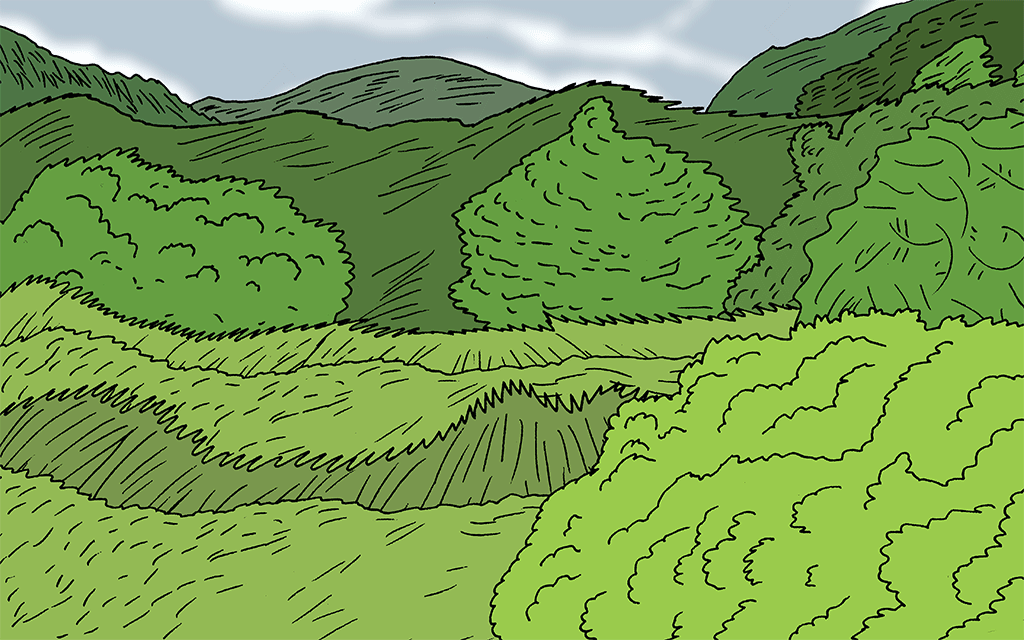ICYMI: Lots of Gorillas, Swine Flu Delivered by Drone & Infested Wreaths
A weekly roundup for busy people

Mountain gorilla numbers continue to rise—there are now 1,063 in Uganda, Rwanda, and Congo.
Record numbers of loons are spotted in New England.
The US Department of Energy is now referring to domestically produced methane gas as “freedom gas.”
Any climate advantages that natural gas may have are offset by the methane leaks that occur across its supply chain.
A 2018 blowout at a fracked gas well in eastern Ohio is found to have leaked twice as fast as the 2015 leak at California’s Aliso Canyon.
Major oil companies are ramping up their production of plastic.
California now has 1 million rooftop solar systems.
The United Nations Climate Change Conference, known as COP25, wraps up in Madrid with very little progress and no major breakthroughs.
A storm strews Drake’s Beach in California’s Point Reyes National Seashore with thousands of marine creatures, the polite name for which is “fat innkeeper worms.”
Ocean waters off California are acidifying twice as fast as the global average.
The average maximum temperature in Australia on December 18 is 105.62ºF, with some parts of the interior topping 115º.
Kansas City, Missouri, makes its public transit free.
Chinese gangs are using drones to spread swine flu so that they can buy infected pigs cheaply.
White Sands National Monument is becoming the 62nd national park.
A Texas man steals 11 pounds of liquid mercury and tries to sell it on the street. Sixty people required decontamination as a result.
The worst drought in a century reduces the Zambezi River’s flow at Victoria Falls to a trickle.
Goldman Sachs will not finance oil and gas drilling in the Arctic, including in the Arctic National Wildlife Refuge.
Some Christmas wreaths brought to South Dakota from the southern US are infested with elongate hemlock scale, an invasive pest that can damage hemlock, fir, and spruce trees. State authorities are asking that the wreaths be destroyed, but not until after the holidays.
 The Magazine of The Sierra Club
The Magazine of The Sierra Club



